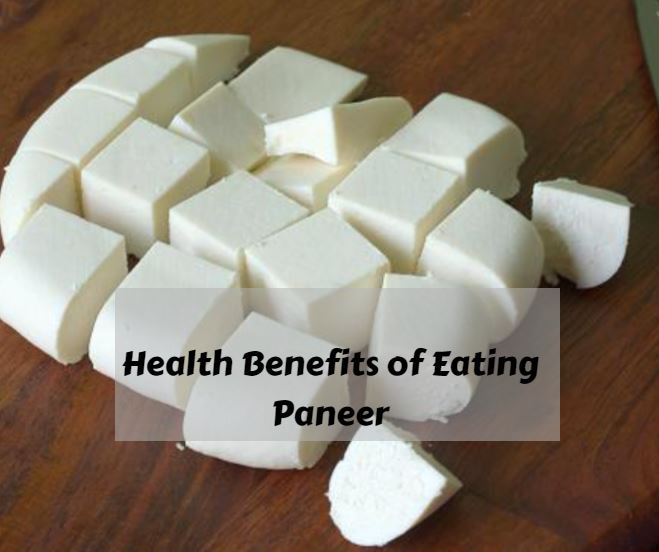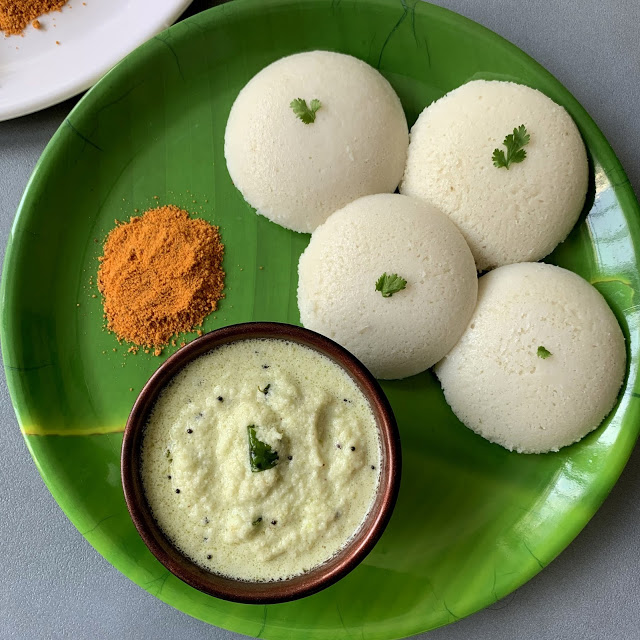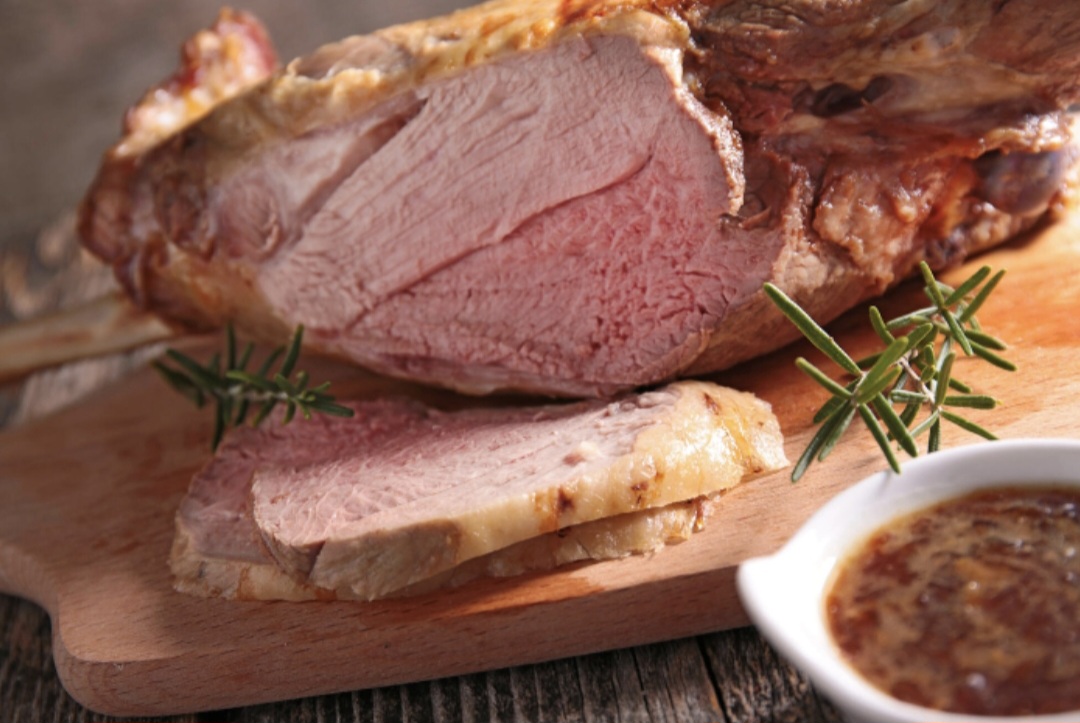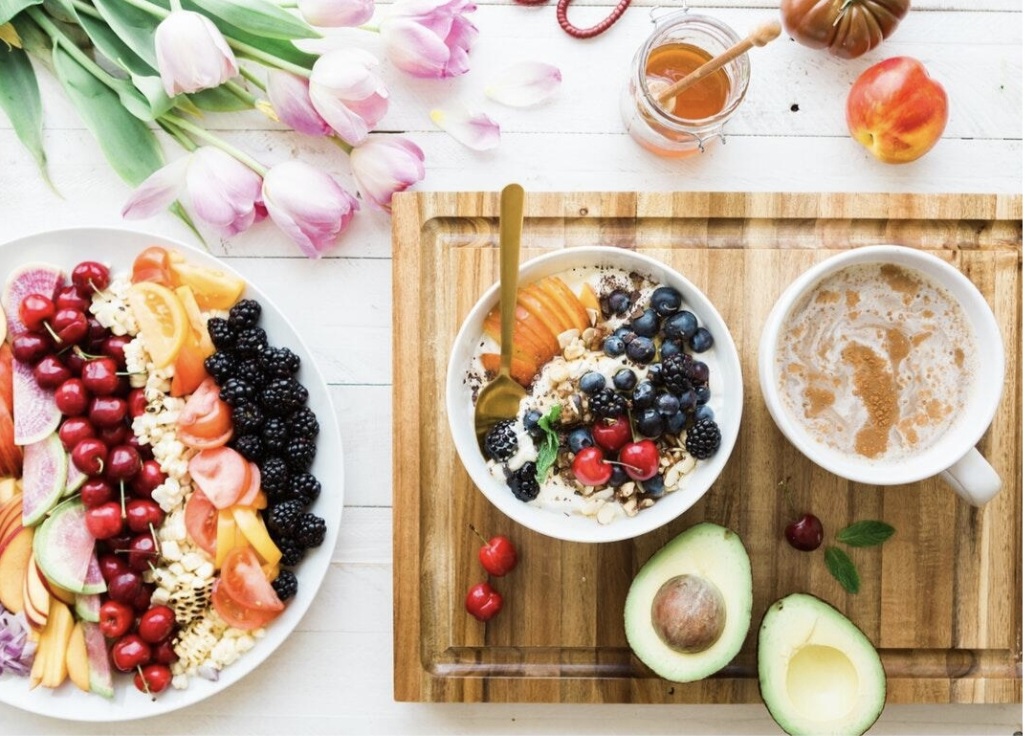When you’re in a restaurant, it doesn’t matter whether you’re a Vegetarian or non-Vegetarian, you’ll always love to have a Paneer dish on your plate. We presume every dish is delicious if it includes paneer. Most households know how to make paneer at home. Since it is a milk made product, paneer is very soft and used in many ways like in main courses, starters and snacks. In addition to being tasty, Paneer has many health benefits. It is one of the food products which is both tasty and healthy.
In South Asian cuisines, Paneer ‘s fresh cheese is popular in India, Pakistan, Sri Lanka, Nepal and Bangladesh, in particular. It is acid-set non-melting farmer cheese and is unaged. Curd cheese may also be produced by heating the milk and curdling it by adding lime juice, vinegar, and other food acids, in some cases. The moist, crumbly form of Paneer is referred to as “chhena.” It is more common in the eastern parts of India and Bangladesh.
When you search on the Internet you will find many recipes on How to make paneer dishes which are healthy and tasty. Protein plays a vital role in the sustainable loss of weight. Paneer offers a balanced nutrient diet for the weight conscious to stay active all day long. You can include 150-200 gram of Paneer in your breakfast to begin your day on a healthy note.
There are just 72 calories per 100 g of cottage cheese, which is pretty low in calories. Just make sure that you don’t make the paneer with fat milk. You can even learn on online platforms like Cure.Fit about how to make paneer. Try to prepare paneers using healthy methods such as grilling or baking while cooking.
5 healthy benefits of Paneer
Paneer is full of protein, calcium and potassium which are useful in making bones and teeth healthy.
Paneer contains both phosphorus and magnesium. Phosphorus aids in smooth digestion and excretion. And magnesium prevents constipation, as a result of having a laxative effect.
For people suffering from diabetes, Paneer is the best option. It’s rich in omega 3, which is good for children’s mental development. As paneer regulates blood pressure and reduces cholesterol levels, it is also helpful for individuals suffering from heart disease.
In fact, by preventing the growth of cancer-causing cells in the body, the soft paneer is very helpful in preventing deadly diseases such as cancer. Not only that, by lowering fat deposition in the arteries, it also protects against heart disease.
Paneer stimulates hemoglobin and helps develop immunity to bronchitis, asthma, toxins and cold diseases etc. Children are especially advised to eat paneer on a regular basis.
How to make Paneer a part of your healthy eating habits
Paneer or cottage cheese is a healthy source of protein for your diet. Are you aware that 100 g of paneer contains 11 g of protein? Paneer is unbelievably versatile, too. With paneer you can make almost anything; may it be salads, pakoras, subzis or wraps. Weight loss-friendly foods are typically pricey, but not with Paneer because they are conveniently available in your kitchen. Also, it is advised that if you know how to make paneer, then you better experiment with different recipes that have paneer as an ingredient.















